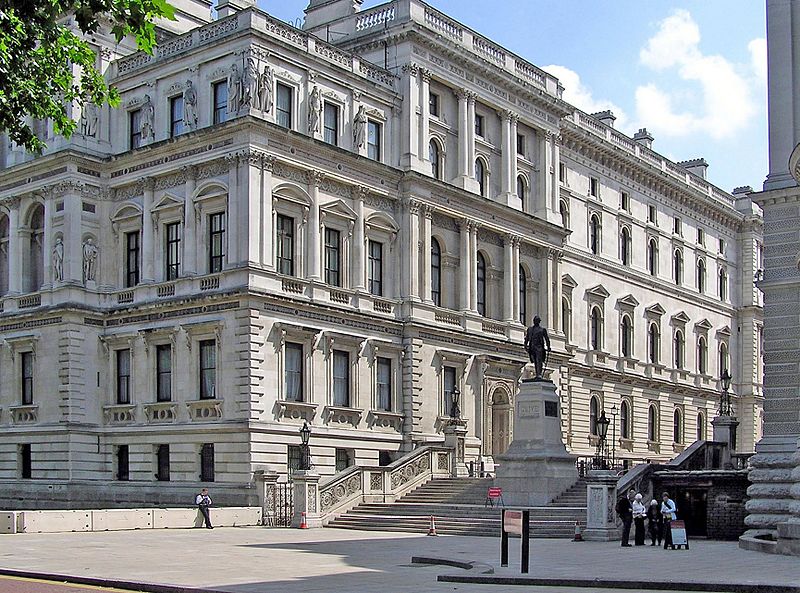
The Foreign Office has been ordered to issue a formal apology to Matthew Hedges, a British academic who was falsely accused of spying and subjected to torture in the United Arab Emirates
(UAE). Hedges, a Durham University PhD researcher originally from Exeter, repeatedly denied the spying allegations and maintained that he was conducting research for his academic work.
The Parliamentary Ombudsman ruled that the Foreign Office failed to adequately protect Hedges, calling for an official apology. The Foreign Office will review the ombudsman's findings. According to the watchdog's report, officials from the British Embassy visited Hedges while he was in custody, but their visits were closely supervised by guards who dictated what he could say. The officials overlooked clear signs that Hedges might have been mistreated, such as his shaky voice, avoidance of eye contact, and references to anxiety attacks.
The FCDO's guidelines mandate action on warning signs, even without consent, and the watchdog stated that it should have been evident to the FCDO staff that Hedges was not in a position to give or withhold consent.
Hedges expressed relief at the ombudsman's ruling, describing it as a personal victory and an acknowledgment of his ordeal. In 2018, Hedges was accused of working for MI6 and spying for the UK government, based on material found on his laptop while he was in Abu Dhabi. He was sentenced to life imprisonment but later pardoned by the UAE's president. During his captivity, Hedges endured handcuffing, solitary confinement, extensive interrogation, and forced medication, resulting in post-traumatic stress disorder and insomnia.
While the ombudsman recommended £1,500 in compensation, Hedges emphasized the importance of a formal apology from the Foreign Office and systemic changes to prevent similar incidents in the future. He called the compensation amount "a paltry sum" but expressed gratitude for the acknowledgment.
The ombudsman's office CEO, Rebecca Hilsenrath, referred to Hedges' experience as a "nightmare" that was exacerbated by the British government's failure to assist him, stating that he trusted them for help, but they let him down.
The FCDO asserted that it had been extensively involved in Hedges' case, raising it at ministerial levels on numerous occasions. The spokesperson reiterated the FCDO's commitment to British nationals' best interests, including those detained overseas, and providing support to their families wherever possible. Photo by Adrian Pingstone, Wikimedia commons.




































